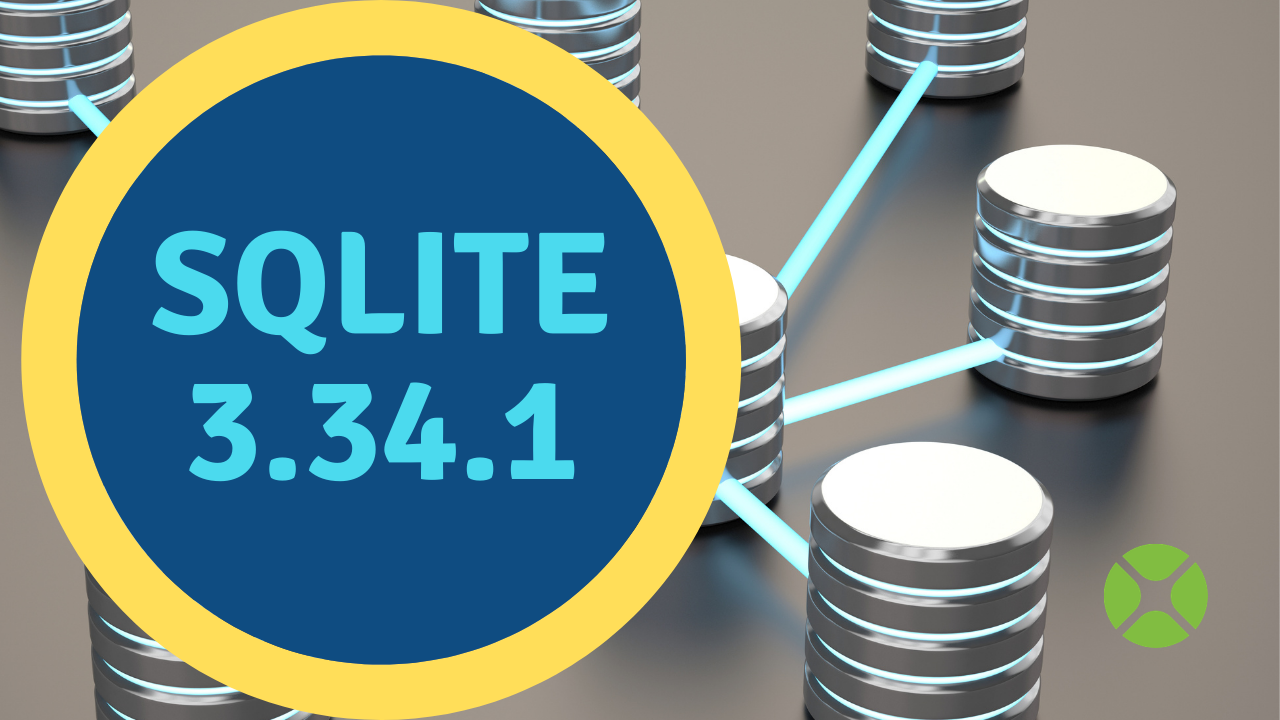After you have designed your interface and begun coding, your next step may be to connect to a database. This blog post tells you the databases supported by Xojo, shows you where to find code samples and examples, plus tutorials and videos that walk you through connecting, updating, querying and managing a database, plus, an introduction to Xojo’s new DBKit. Get the resources and knowledge you need to get your first database project off the ground today.
Comments closedTag: SQLite
In Xojo 2022r4, we have updated our SQLite library to SQLite v3.39.4. I thought I’d highlight a few notable upgrades including: STRICT tables
PRAGMA table_list
RIGHT and FULL OUTER JOIN
Built-in JSON support
Xojo 2021 Release 3 includes SQLite 3.36.0, which has a few new features, such as: RETURNING on DELETE, INSERT and UPDATE commands
ALTER TABLE DROP COLUMN
EXPLAIN QUERY PLAN
This tutorial will show you how to deploy your SQLite based projects so they behave right on Desktop, Web and iOS, copying the database file to the right place on every target.
Comments closedXojo 2021 Release 1 updates its SQLite engine to 3.34.1 (from 3.33.0). This release does not have a lot of new features, but there are…
Comments closedIf you use SQLite databases in your apps you may or may not be aware of the Backup method which allows you to quickly and asynchronously create a backup of an existing connected database. This is especially great if you have an in-memory database and you want to store that data on disk for later reference.
Comments closedBased on recent conversations with a couple Xojo users, here are a few quick tips for uploading and working with SQLite and MySQL databases on Xojo Cloud.
If you aren’t already familiar with Xojo Cloud, it’s simple, secure, maintenance-free hosting for your Xojo web apps.
Comments closedXojo 2020r1 upgraded to SQLite 3.31.1. Notable new features include PRAGMA lists and generated columns aka computed columns!
Comments closedThis tutorial will show you how to deploy your SQLite based projects so they behave right on Desktop, Web and iOS, copying the database file to the right place on every target.
Comments closedIt’s very usual to use encrypted SQLite databases in our Xojo projects where we expect to get the maximum read speed from them. But the truth is that encrypting the data in these databases can introduce a penalty in our queries, both from read and writing/updating data to them. How can we improve this? One technique is the creation of a new in-memory based SQLite database, where we will be able to copy the table (or tables) we are interested in getting the maximum speed possible with. Continue reading to see how to do this.
Comments closed

